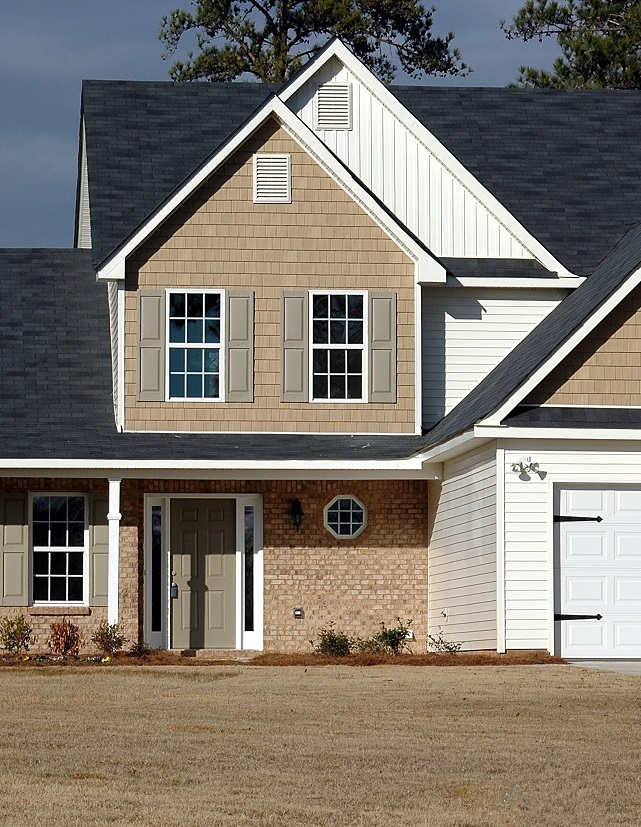Studying How Drug-Free Housing & MICM Can Support Probationers and Parolees
Highlights

PHI's Behavioral Health and Recoverty Studies found that overall, the sober living house (SLH) model holds extensive promise for supporting parolees and probationers—and, study participants who attended at least one MICM session had better criminal justice outcomes compared those who did not.
330 study participants in 42 SLHs
-
Focus Areas
Alcohol, Tobacco, Drugs & Mental Health -
Issues
Mental Health
Access to needed services and stable, drug-free housing has shown to be critical for probationers and parolees in supporting re-entry, reducing HIV risk and avoiding rearrests and re-incarceration—and sober living houses (SLHs) can be an important part of this support system. SLHs offer an alcohol- and drug-free living environment to people with substance use disorders, and are becoming increasingly important as the addiction field continues to identify and emphasize long-term services for sustained recovery.
Previous studies of SLHs from PHI’s Behavioral Health and Recovery Studies (BHRS) found that SLH residents made significant, sustained reductions in substance use over 18 months and improvement in other areas as well—including work, psychiatric symptoms and arrests. Residents who were homeless or in unstable living arrangements when they entered the houses improved their housing status at 18-month follow-up.
Adding to their growing body of SLH research, a BHRS clinical study assessed the impact of adding a Motivational Interviewing Case Management (MICM) to the SLHs model. MICM can be used to address a number of issues, including adapting to the SLH environment; complying with parole and probation; finding and maintain work; successfully accessing and maintaining retention in services; addressing HIV risk, testing and treatment; mobilizing personal and informal resources; and managing setbacks (e.g., relapse, loss of housing, loss of work).
The study found that overall, the SLH model holds extensive promise for supporting parolees and probationers. At 6-and 12-month follow-up, the 330 study participants showed improvement relative to baseline on substance abuse, criminal justice, HIV risk, and employment outcomes. And, study participants who attended at least one MICM session had better criminal justice outcomes compared those who did not—especially for people with lower severity of problems.
Work With Us
You change the world. We do the rest. Explore fiscal sponsorship at PHI.
Support Us
Together, we can accelerate our response to public health’s most critical issues.
Find Employment
Begin your career at the Public Health Institute.
